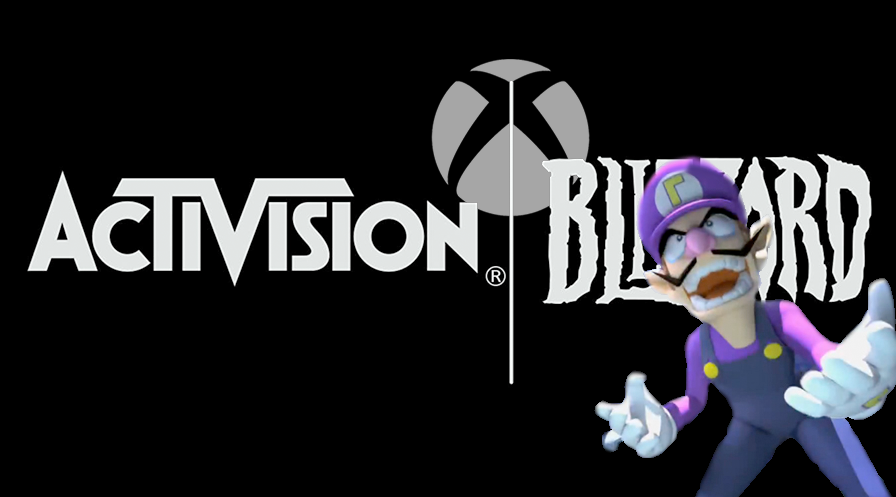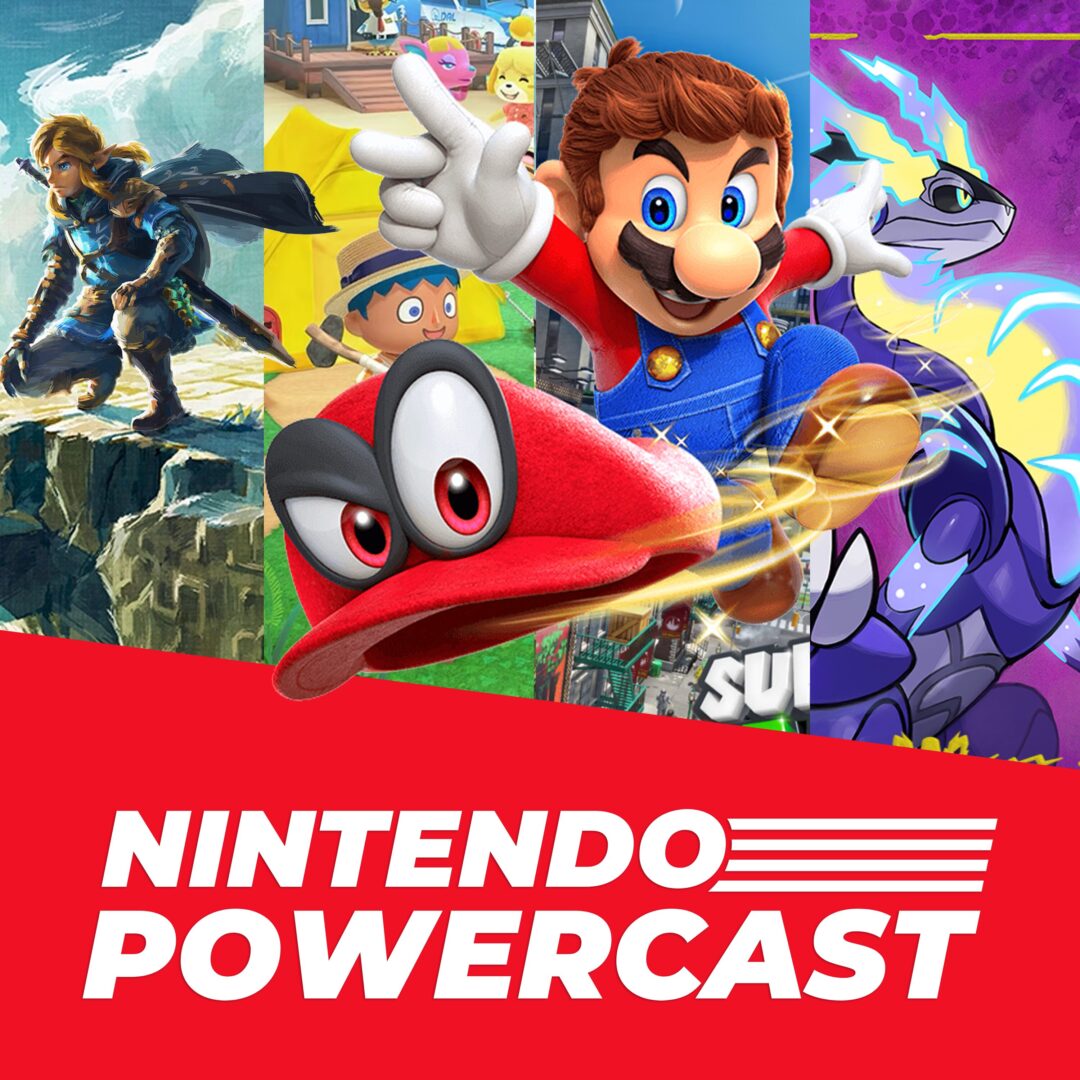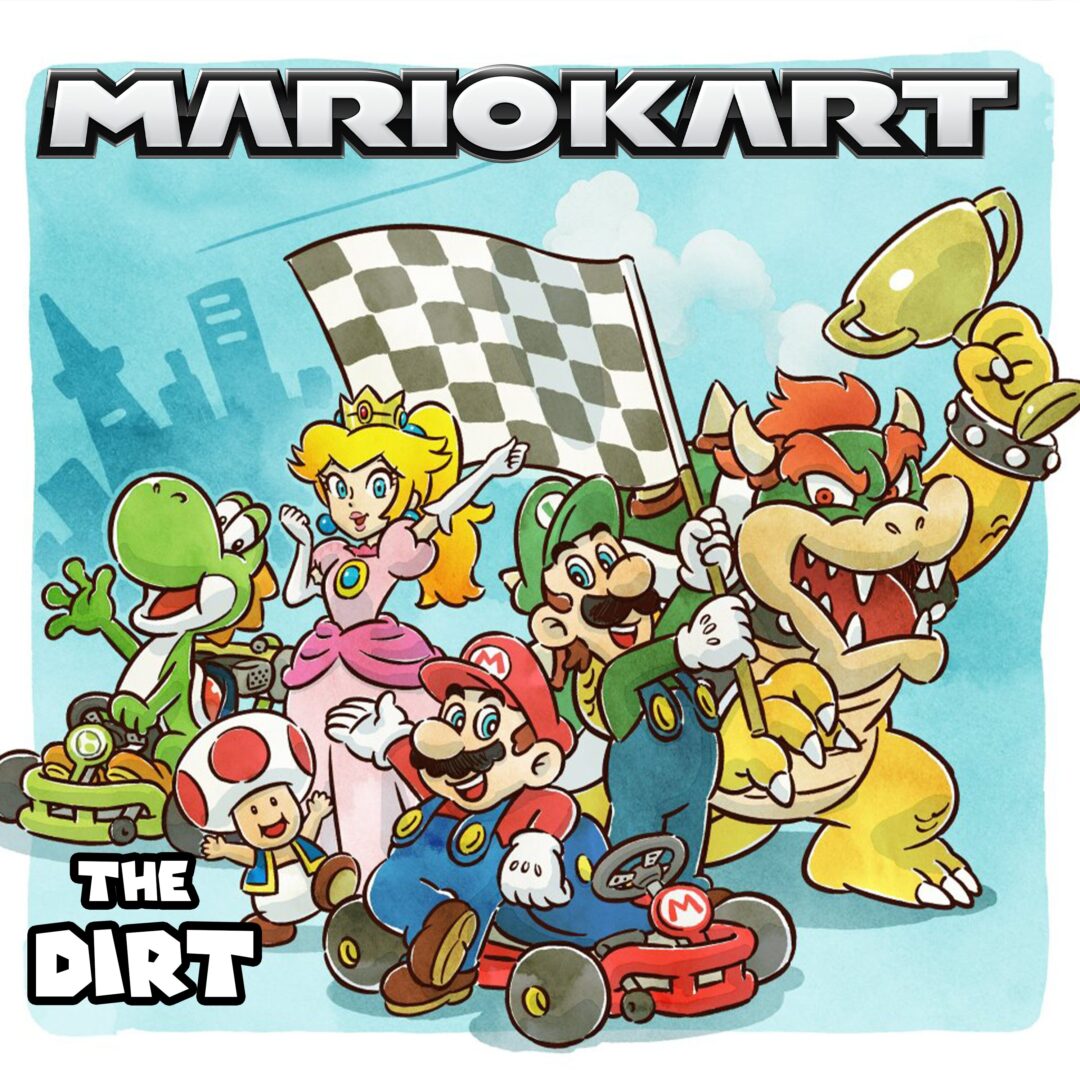A look back at the title release history between the mega-publisher and The Big N, in the wake of Microsoft’s announcement of its bombshell acquisition.
One of the biggest gaming news stories ever surprised the world when Microsoft announced on Tuesday that it had acquired Activision Blizzard for nearly $70 billion dollars- bringing a large stable of massive franchises under its banner, should the sale be approved in the coming year. This follows the acquisition of Bethesda Softworks’s parent company Zenimax announced during the fall of 2020 and completed a little under a year ago.
The aftermath of the announcement has led to widespread speculation over the fate of 3rd party publishers and retaliatory acquisitions by Microsoft’s competitors, as well as the potentially shifting balance between the major platforms of this generation. Sony alone has lost $20 billion dollars in market value since the announcement.
But while the question of Sony’s rivalry with Microsoft over the high-end console gaming market comes to mind first, the other question is, naturally: what does this mean for Nintendo? And this week’s Nintendo Power Cast will just happen to be tackling that topic!
But before Josh and his crawling cohorts xero-in on the subject, it’s a good time to take a look back at the history of Activision’s games on Nintendo platforms over past decades and see what lens it may give us into future ones.
Though the company has its origins going as far back as the era of the Atari 2600 (and established many of its core titles in the early 2000s), the modern incarnation of Activision formed over the past 15 years through mergers, acquisitions, and publishing arrangements with Vivendi, Blizzard, King, Bungie & Major League Gaming eSports. Actions that brought a wide number of studios, franchises, and legacy catalogs (such as the Sierra Entertainment library, with titles like King’s Quest) under its umbrella.
Blizzard Entertainment
Though most well-known for PC/Mac-centric titles such as the WarCraft, StarCraft & Diablo franchises, the company’s titles began back on the SNES as Silicon & Synapse. And many of those titles were re-released on several platforms, including the Nintendo Switch, as part of the Blizzard Arcade Collection last year. That release included RPM Racing, Rock n’ Roll Racing, Blackthorne & both titles in The Lost Vikings series.
Diablo III also saw decently strong sales for its Switch port release, “Diablo III: The Eternal Collection”, despite coming out 4-5 years after it had on most other major platforms. Though the forthcoming Diablo IV hasn’t been announced for Switch, their team-shooter Overwatch does have an announced sequel set to be coming to the platform, following the Switch release of the original game.
And though we’re unlikely to see an attempt to repeat the effort to port the core StarCraft titles to console (sorry, StarCraft 64- you just weren’t meant for split-screen!), Blizzard has previously attempted to spin-off the series into console-friendly titles with the canceled StarCraft: Ghost project in the early 2000s. It stands to reason that Microsoft could potentially encourage its newly-acquired franchises to provide spin-off offerings for its console userbase.
King.com Limited
The home of Candy Crush has been almost entirely mobile-focused, with none of its titles reaching Nintendo platforms yet, though several imitators roam the alleyways of the eShop.
Beenox
Primarily a support studio that has worked on the Skylander franchise and The Amazing Spider-Man games for the Wii U. More recently they’ve attributed work on the Switch for Crash Team Racing Nitro-Fueled and Crash Bandicoot 4.
High Moon Studios
Best known for their Cybertron Transformers titles and the Deadpool game before shifting to support for the Call of Duty franchise, they haven’t released a title on a Nintendo platform before.
Infinity Ward
The studio overseeing much of the Call of Duty franchise for almost 20 years. Three of their Call of Duty titles did find themselves ported to the Wii & Wii U by Treyarch: Call of Duty 4: Modern Warfare: Reflex Edition, Call of Duty: Modern Warfare 3 & Call of Duty: Ghosts.
Raven Software
The original developers of Star Wars: Jedi Knight II: Jedi Outcast (or, as I like to refer to it as, Star Wars: Dark Forces III: Jedi Knight II: Jedi Outcast) which would later be ported to the Gamecube by Vicarious Visions and, more recently, to the Switch by Aspyr. Aspyr would also oversee the Switch port of Raven’s Star Wars: Jedi Knight: Jedi Academy (or, as I like to refer to it as, Star Wars: Dark Forces IV: Jedi Knight III: Jedi Outcast II: Jedi Academy).
Raven was also behind several Gamecube-era Marvel titles, including the original Ultimate Alliance on the Wii. In more recent history, they’ve supported Treyarch on Call of Duty titles such as Black Ops, Black Ops II, Modern Warfare 3 & Ghosts.
Sledgehammer Games
Another studio supporting the Call of Duty franchise (sensing a pattern in Activision’s focus here…), their work hasn’t yet found its way to a Nintendo platform.
Toys For Bob
The current shepards of the Crash Bandicoot and Spyro franchises, both of which have recently seen releases on the Switch with Crash Bandicoot N. Sane Trilogy, Crash Bandicoot 4: It’s About Time and the Spyro Reignited Trilogy. They’ve also previously worked on entries in the Tony Hawk and Skylanders franchises during the Wii and Wii U eras.
Treyarch
Developing some sports titles in the N64 era (probably not going to see those come back around) and the Gamecube & Wii-era Spider-Man games (prrrrobably not going to see those either…) early in its run, Treyarch is likely best known for being the other main Call of Duty developer, being associated with the Black Ops series in particular. But they were also the studio behind the 3 Call of Duty ports that came to the Wii & Wii U (again, those being Modern Warfare: Reflex Edition, Modern Warfare 3 & Ghosts).
And all of that amounts to just a quick overview of their studios’ previous Nintendo offerings. With that many studios being added to Microsoft’s collection, there’s now a good number of potential titles we may or may not see become exclusive to a non-Nintendo platform moving forward. How much of an impact do you see that catalog having on Nintendo’s 3rd party offerings? Or will that factor into a wider industry response at all? Or, like Lakitu and an off-the-course racer in Mario Kart, will the cloud save them? Check out the next episode of the Nintendo Power Cast for that broader conversation!






